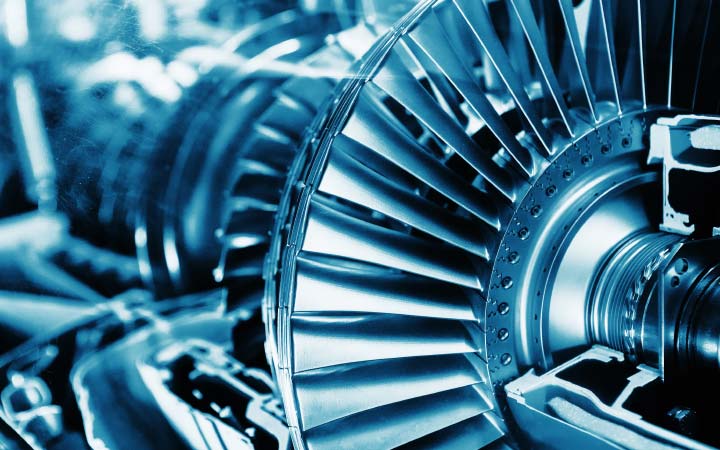
Context
Engine performance in the automotive and maritime industries is intimately linked to the control algorithms used to determine actuation levels and inputs. The benefits of using advanced controllers are typically tempered by the need to spend more time and money manually calibrating the algorithms, an issue MIDAS researchers have addressed with the development of approaches that simplify the control tasking requirements in both existing and model-based architectures.
Solution
Robust yet practical optimisation-based engine controllers that are more easily calibrated have been developed, working in conjunction with industry partners the Defence Science and Technology Group, TMC Japan and Mitsubishi Heavy Industries (Japan). Different technologies were applied for TMC & MHI.
Existing technology relies on simple ‘proportional integral’ controllers that track errors (or deviation) from desired operating states as a form of feedback control. The new system involves versions of ‘model predictive control’ (MPC), using dynamic models of the engine within the controller. This predicts the future response of the engine to the current inputs and environmental conditions in order to select the most appropriate control actions.
Impact
In a submarine, MPC can be used to more effectively dampen engine speed and temperature fluctuations caused by waves. This can lead to lower signatures and increased longevity of the engine.
In the automotive industry, efficient calibration of engine controllers can shorten vehicle development time and deliver better fuel economy and emissions performance, potentially leading to lower-cost and lower-emitting cars.